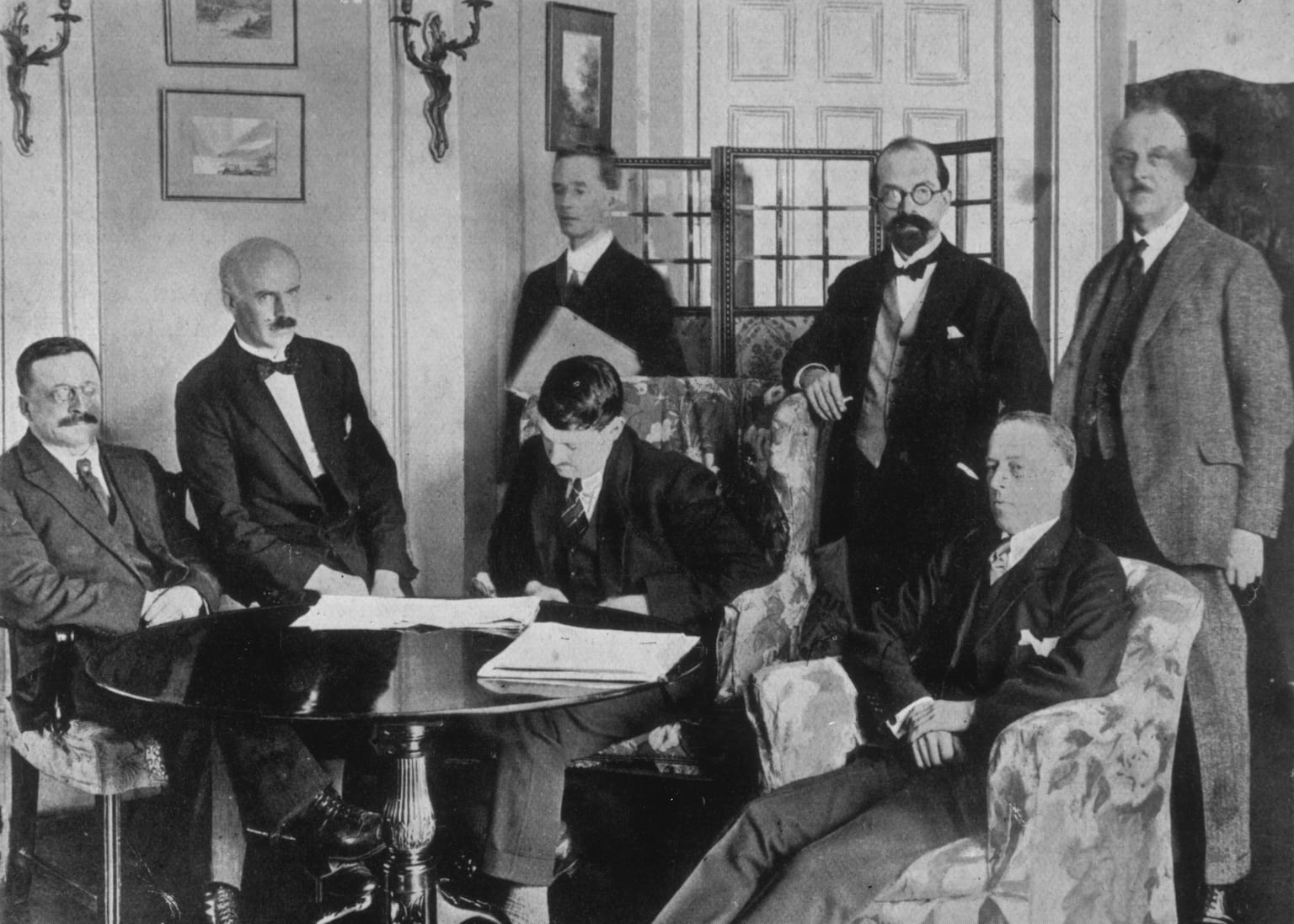A Journey Through Time and History
Traveling through time doesn’t require a TARDIS or a time machine. For many, it’s a journey into the past, often guided by historians and scholars who help us understand the complexities of history. Recently, I’ve found myself immersed in Ireland at the turn of the last century, exploring the lives of an elite group of historians who have dedicated their lives to uncovering the truths of the past.
Every Wednesday, I spend time at Glasgow University, taking a course on the Irish Revolution. This experience has been both enlightening and challenging, offering a deeper understanding of key events such as Home Rule, the Ulster Crisis, the Easter Rising, the War of Independence, and the Civil War. These events were not just historical milestones; they were moments that shaped the very fabric of society and continue to influence our present.
The way we perceive history is often colored by personal experiences, family stories, and the perspectives passed down through generations. This can lead to a distorted view of the past, making it essential to seek out multiple sources and interpretations. The more we learn, the more we realize how complex and multifaceted history truly is.
Podcasts have become a popular medium for exploring historical topics, blending information with entertainment. While some episodes may be light-hearted, others tackle serious issues with the gravity they deserve. One example is the “The Rest is History” podcast, which has covered the Irish War of Independence and the Civil War with the help of experts like Paul Rouse and Ronan McGreevy. Their contributions stand out as exemplary, presenting facts without bias while acknowledging the human impact of historical events.
There was an episode where the hosts took a more humorous approach to the Treaty negotiations, which felt inappropriate given the lasting consequences of those discussions. The British failure to understand the complexities of the island is evident in how these events are sometimes portrayed. In contrast, Rouse and McGreevy provide a more grounded perspective, emphasizing the personal stories behind the historical narratives.
One particularly moving moment came during an episode discussing Bloody Sunday. Rouse shared the emotional toll on families affected by the attack on Croke Park. He highlighted the personal pain and trauma experienced by those who lost loved ones, reminding listeners that history is not just about dates and events but about real people and their lives.
Reflecting on the Irish Civil War, McGreevy pointed out that while the war itself is history, the issue of partition remains a current affair. This distinction is crucial, as the legacy of partition continues to affect the region today. The division of the island has led to ongoing tensions, with the northern Irish not fully recognized as Irish and the northern British seen as an embarrassment within the UK.
The six counties remain a political and economic challenge, and the refusal of southern republicans to work towards reunification is a stain on our history. Decisions made in the past have long-lasting effects, and the need for change is clear. It would be ideal to have a time traveler to revisit those pivotal moments and perhaps alter the course of history.
Understanding history is not just about learning the past; it’s about recognizing its impact on the present and future. As we continue to explore these complex narratives, it becomes evident that the lessons of history are still relevant today. The voices of those who lived through these events remind us of the importance of empathy, understanding, and the pursuit of truth.







